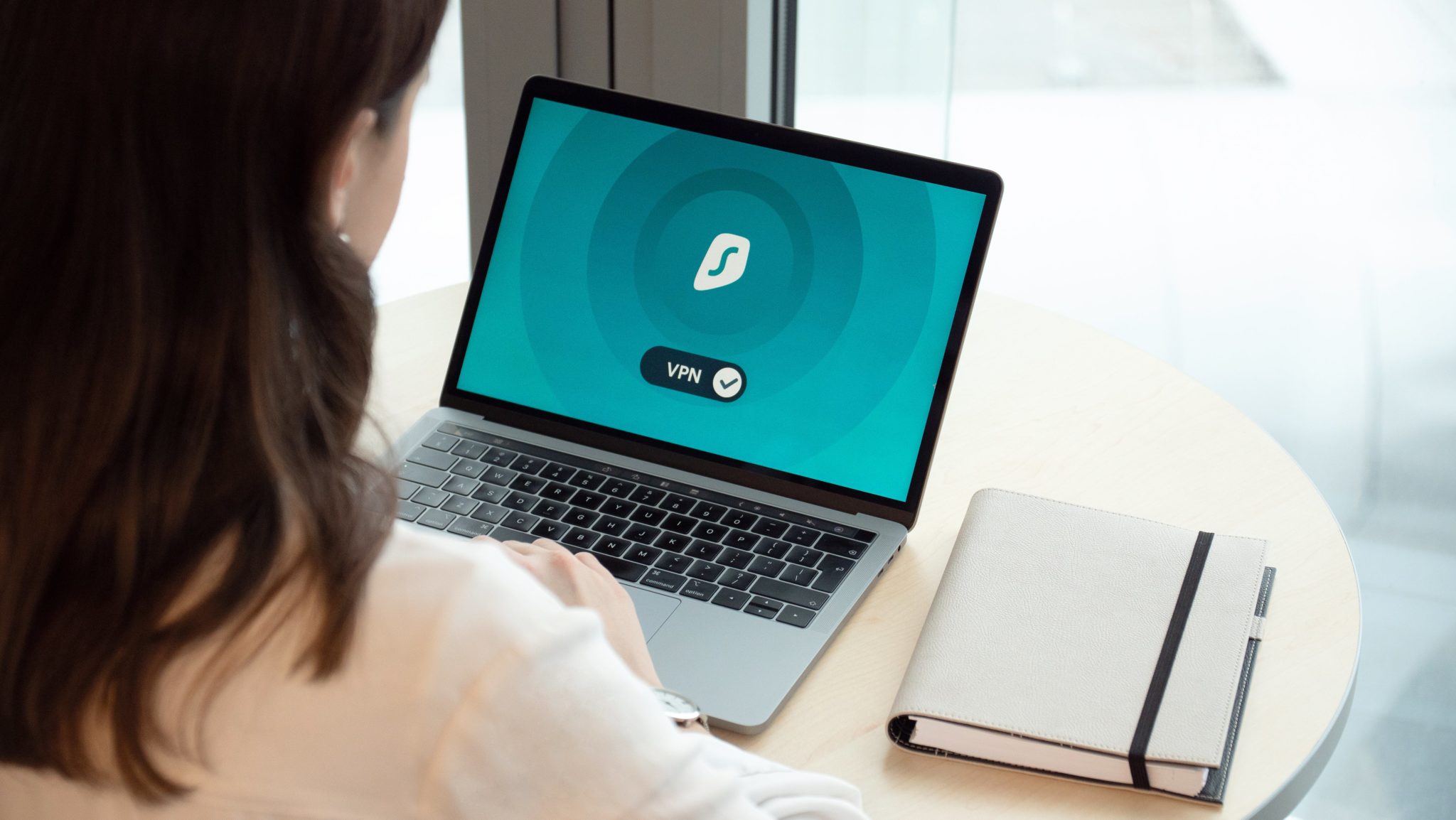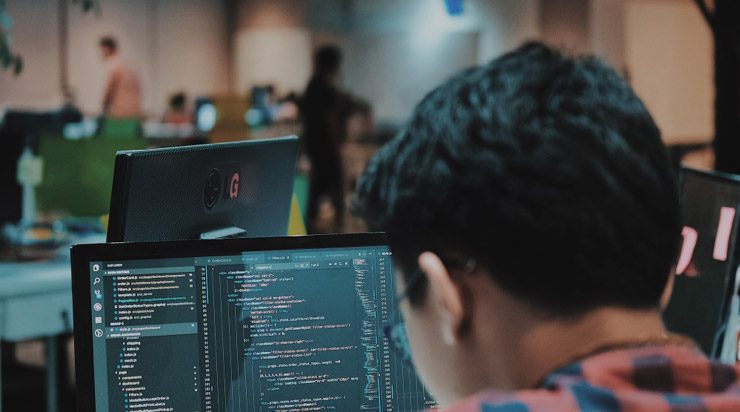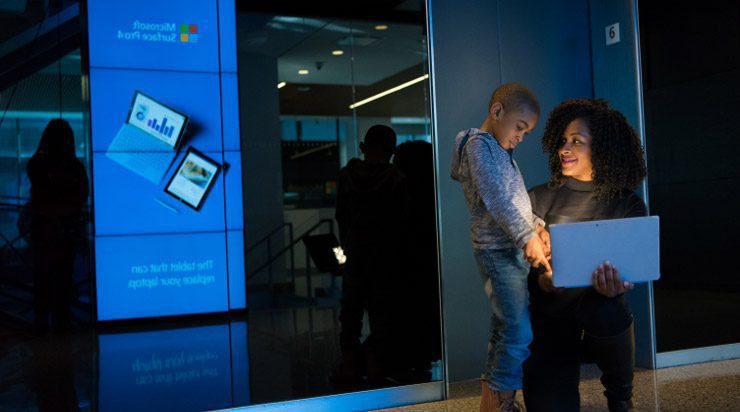China’s largest data breach exposed millions to cyber threats, emphasizing the urgent need for global organizations to reevaluate and enhance their cybersecurity protocols. The incident serves as a stark reminder that even the most robust systems are susceptible to sophisticated attacks.
The breach showcased the dynamic tactics of cybercriminals, from phishing schemes to exploiting system vulnerabilities, emphasizing the constant need for proactive cybersecurity measures. Organizations must adapt with advanced technologies like AI and machine learning to identify and counter emerging risks.
China’s data breach highlights the necessity of collaborative efforts in cybersecurity. With attackers becoming more sophisticated, global cooperation, information sharing, and joint initiatives are crucial for staying ahead. Nations and businesses must foster alliances to collectively enhance cybersecurity frameworks.
Post-breach, there’s likely to be a renewed focus on regulatory frameworks. Governments may tighten regulations, pushing businesses to not only adhere to existing standards but proactively invest in robust cybersecurity measures. Strengthening postures to meet or exceed compliance standards is essential to avert severe consequences in an era where data breaches are increasingly prevalent.

Cybersecurity ecosystem
The cybersecurity ecosystem operates within a dynamic landscape where threats evolve rapidly. As technology advances, so do the tactics of cyber adversaries. From sophisticated malware to social engineering, staying ahead requires constant adaptation and proactive measures. Organizations must foster a robust cybersecurity ecosystem that not only defends against current threats but anticipates and prepares for emerging risks.
A resilient cybersecurity ecosystem is built on interconnected defense layers. This includes firewalls, antivirus software, intrusion detection systems, and advanced threat intelligence. Each layer plays a crucial role in fortifying digital environments. The synergy of these components forms a formidable defense, minimizing vulnerabilities and providing a comprehensive shield against a spectrum of cyber threats.
A culture of cybersecurity awareness ensures employees actively contribute to the defense mechanism, adding a crucial layer of protection against social engineering, phishing, and human-centric cyber risks.
"In cybersecurity, the current shortage of skilled professionals is critical. Whether discussing 5G or broader security challenges, there's a pressing need to attract and train more experts to strengthen our defense against evolving threats."
Google, for example, which actively readies its workforce for cybersecurity challenges. Through internal training programs and certifications like CompTIA Security+, employees acquire essential skills. Google’s commitment to enhancing its team’s capabilities underscores the importance of continuous learning in the ever-evolving landscape of cybersecurity.




